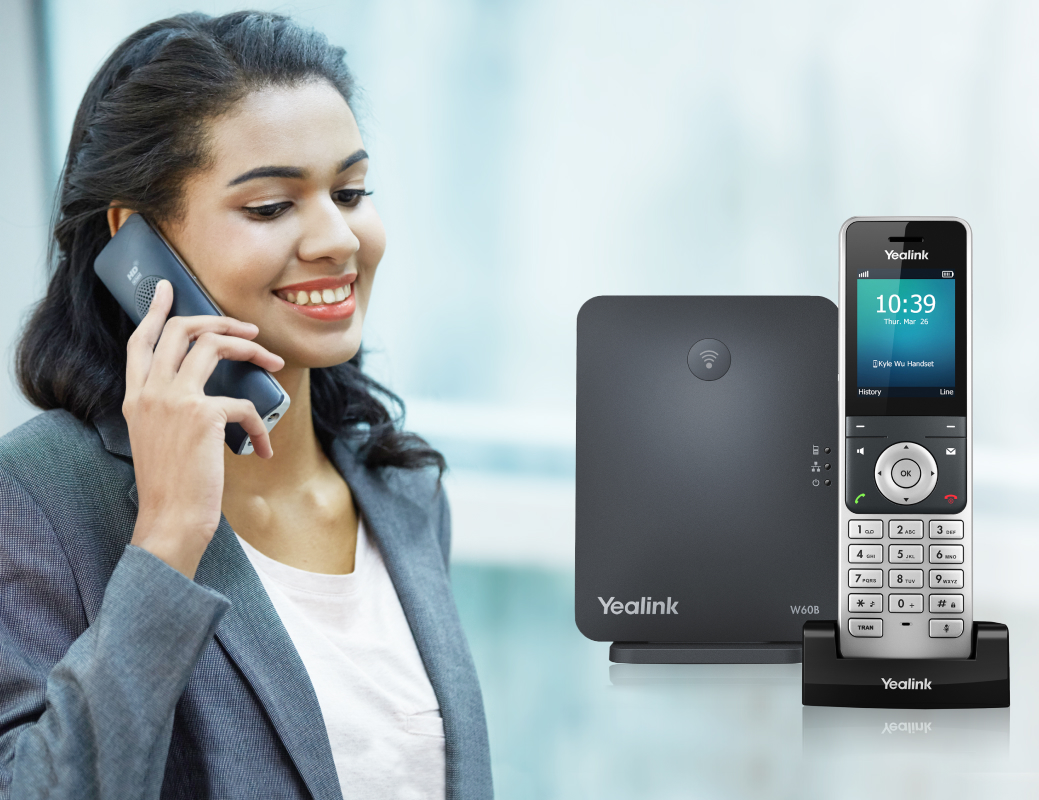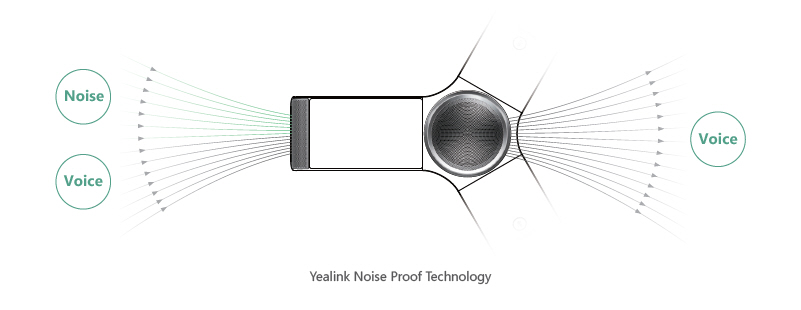Introduction
In today's fast-paced digital world, communication is key. Whether you’re chatting with loved ones across the globe or conducting a business meeting with colleagues, the quality of your call can significantly affect the experience. Two primary technologies dominate this space: VoIP (Voice over Internet Protocol) and traditional cellular calls. This article dives deep into Voice Clarity and Experiences: A Look at VOiP versus Cellular Calls, exploring their differences, advantages, and challenges. We’ll dissect how each method influences voice clarity and overall user experience while also providing insights into which option might best suit your needs.
Understanding VoIP Phone Service
What is VoIP?
VoIP stands for Voice over Internet Protocol, a technology that allows you to make voice calls using the internet rather than a traditional phone line. It's a revolutionary service that converts your voice into digital signals, allowing you to communicate through various devices such as computers, smartphones, or dedicated VoIP phones.
How Does VoIP Work?
VoIP works by breaking down audio signals into packets of data, transmitting those packets over the internet, and then reassembling them on the receiving end. This process relies heavily on broadband internet connectivity and typically offers features like voicemail, call forwarding, and video conferencing options.
Advantages of VoIP Phone Service
Cost-Effective: One of the most significant benefits of using VoIP is its cost efficiency. Monthly rates are often lower than those of traditional phone services. Flexibility: You can use VoIP from anywhere with an internet connection—perfect for remote work or traveling. Rich Features: Most VoIP services come with built-in features like call waiting, caller ID, and video calling without extra costs.Disadvantages of VoIP Technology
Dependence on Internet Connection: The quality of your call hinges on your internet connection's stability. Power Outages: Unlike traditional phones that work during power outages, most VoIP services require electricity. Emergency Calls: While improvements have been made in this area, VoIP may not always provide accurate location information for emergency services.Cellular Calls Explained
What Are Cellular Calls?
Cellular calls refer to voice communications made through cellular networks—the technology that powers mobile phones. These calls utilize towers to connect users within a specific range through radio waves.
How Do Cellular Networks Function?
When you make a cellular call, your phone communicates with the nearest cell tower via radio frequencies. That tower connects your call to the recipient through a complex network of additional towers until it reaches its destination.
Advantages of Cellular Calls
Reliability: Cellular networks are known for their reliability; you can make calls without worrying about Wi-Fi availability. Emergency Services Access: In emergencies, cellular networks generally provide better access to help compared to some VoIP providers. Sound Quality: Many users find that cellular calls offer superior sound quality due to established infrastructure.Disadvantages of Cellular Communications
Costly Plans: Monthly contracts can be expensive compared to many available VoIP options. Limited Features: Basic cellular plans may lack advanced features like video calling or integration with other applications. Coverage Issues: Depending on your location, you might encounter dead zones where cellular service is intermittent or non-existent.Voice Clarity Compared
Comparing Call Quality Between VoIP and Cellular Networks
When it comes down to voice clarity in both mediums—VoIP tends to shine when good internet connections are available; however, it can falter under poor conditions leading to dropped calls or garbled audio.
Factors Influencing Voice Clarity:
- Bandwidth Availability Network Congestion Device Quality
In contrast, while cellular networks generally maintain decent quality even under less-than-ideal conditions—congestion can lead to degrading sound quality during peak usage times.
Testing Voice Clarity
To assess which option provides clearer voice experiences:

This empirical approach will yield valuable insights tailored specifically for individual circumstances.
User Experience With VoIP Phone Service
Setting Up Your VoIP System
Setting up a VoIP system is typically straightforward:
Choose a reliable provider Set up hardware (if necessary) Configure software settings according to preferencesMany providers offer step-by-step guides making installation accessible—even for non-tech-savvy individuals!

Common User Experiences
Users often report high satisfaction levels when utilizing features such as call recording or voicemail-to-email functions—streamlining communication processes effectively within businesses.
However, occasional issues arise concerning audio lag during conversations—a problem often attributed back down connectivity issues rather than inherent faults within the service itself.
User Experience With Cellular Calls
Setup Process for Cellular Phones
Setting up cellular service involves selecting a plan suited for your needs before activating your device either online or via retailer assistance—often uncomplicated thanks largely due to user-friendly guidelines provided by carriers themselves!
Typical User Feedback
Most users appreciate cellular services due largely because they prioritize ease-of-use above all else!
However—some frustrations arise regarding dropped signals especially in rural areas where coverage isn't guaranteed leading them towards seeking alternatives like effective backup systems including reliable home-based landlines!
FAQs About Voice Clarity in VOiP vs Cellular Calls
1. Is VOiP better than cellular for business communication?
Absolutely! If you value flexibility and cost-effectiveness alongside rich features like video conferencing—VoIP shines brightly making it an excellent choice for modern businesses looking at cutting-edge solutions!
2. Can I use my existing phone with a VOiP service?
Yes! Many providers allow you to use existing phones; however—it’s wise first determine compatibility requirements based upon specific devices before committing entirely!
3. Will I experience audio lag with VOiP calls?
Audio lag may occur under certain conditions but generally speaking—good bandwidth minimizes potential disruptions ensuring smooth conversations!
4. How do emergency services work with VOiP?
While improvements have been made—there are still limitations compared against traditional cell lines meaning it's crucial always have backup methods when dialing emergency numbers!
5. What equipment do I need for VOiP service?
Typically—you’ll need an internet connection along with either special hardware like dedicated phones/ATA adapters OR software applications installed onto compatible devices such as laptops/tablets/smartphones!

6 Is there any risk involved while making calls over VOiP?
Security risks exist since these communications traverse public networks thus encryption protocols should be considered essential alongside cautious practices ensuring personal data remains protected throughout usage scenarios!
Conclusion
Both VOiP and cellular technologies bring unique advantages—and challenges—to the table regarding voice clarity and overall user experience! While choosing between them depends largely upon personal needs/preferences—the future looks promising across both platforms!
As communication continues evolving rapidly moving forward—it’s essential we adapt alongside technology trends allowing seamless interactions regardless if those occur via landlines/cellphones/or even more futuristic means VoIP Phone System yet unimagined!